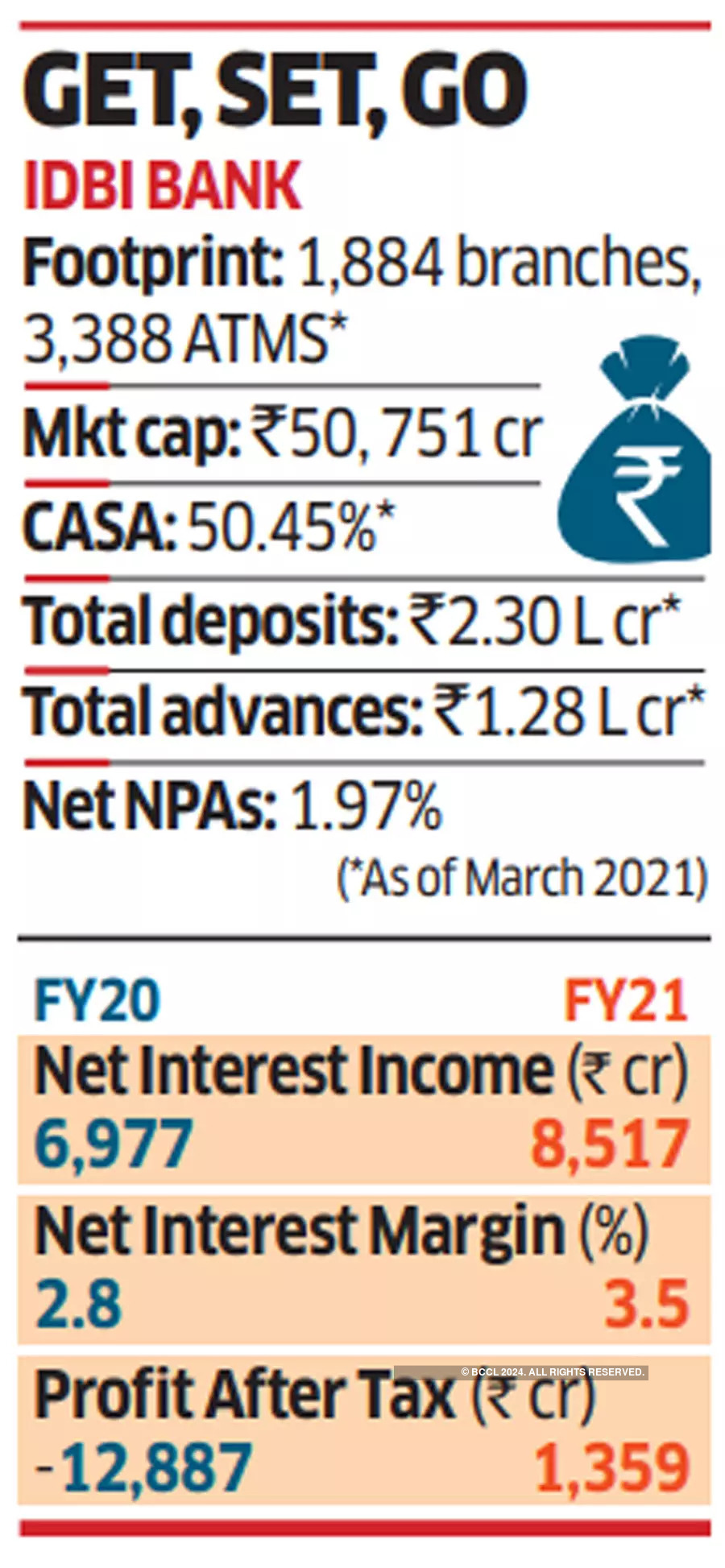The Centre is looking to kickstart the privatisation of IDBI Bank this month, with its advisor KPMG reaching out to multiple suitors – including large private equity buyout funds and long-only funds – inviting them to a roadshow next week, said people aware of the matter. This will be a virtual interaction, to be attended by government officials and the bank’s management.
For the moment, the government is open to selling its entire 94.71% stake. This includes LIC’s 49.24% equity stake, which comes with management control. The central government holds another 45.48%. The non-promoter shareholding in the bank currently stands at only 5.29%.
The sale of IDBI Bank will be the first case in India of “voluntary discovery” of the buyer through an open bidding process. Generally this route has been used to sell banks which are in trouble. Further, as an insurer, LIC has to commit to exiting its exposure as a pre-requisite for its initial public offering for which the DRHP was filed on February 13.

Relaxation in Norms Sought
However, considering the large size of the potential trade, which would also require an open offer and a sell down, the government might eventually retain a partial stake, based on feedback from investors. The IDBI Bank stock has appreciated 44.2% in the last one year on improved financials and provisioning of bad loans, outperforming the S&P BSE Bank Index which has gone up by only 3.50% in the same period. It turned profitable in FY21 after five consecutive years of loss.
Its current market capitalisation is Rs 50,482.53 crore.
The central government has already approached the Reserve Bank of India (RBI), seeking relaxation in norms stipulating a promoter shareholding cap of 26% as the new buyer of the state lender will likely hold a higher stake. There is also a 26% voting rights cap. Additionally, the aggregate foreign shareholding in private banks is allowed up to 74% under the foreign direct investment route, and a portfolio investor can hold more than 5% only with the RBI’s approval which in some cases have been relaxed in the past.
It is not clear yet if the government would allow corporates to co-invest with financial sponsors as part of a consortium.
